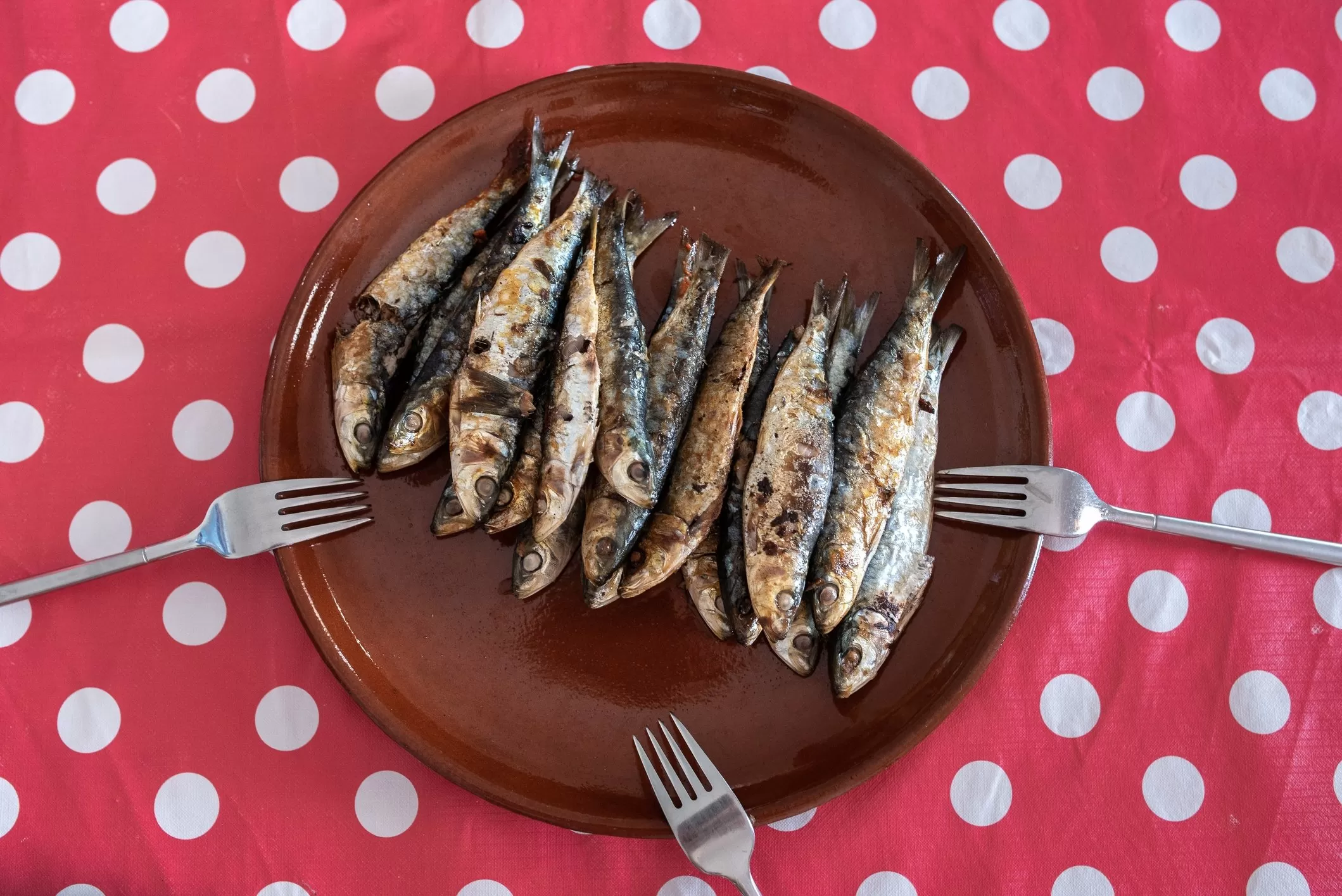Each season brings its own charm and beauty, and with it, a unique selection of seasonal delicacies. In Turkey, a country known for its rich and diverse cuisine, each season offers a different culinary experience. And when it comes to winter, Turkish cuisine truly shines with its hearty soups and stews, warming the soul and satisfying the taste buds.
As the temperatures drop and the days become shorter, there is nothing quite like a steaming bowl of soup to warm you up from the inside out. And in Turkey, soups are not just a starter, but a meal in themselves. One of the most popular winter soups is mercimek çorbası, a hearty and nutritious lentil soup. Made with red lentils, onions, carrots, and spices, this soup is not only delicious but also a great source of protein and fiber. It is often served with a squeeze of lemon and a sprinkle of dried mint, adding a refreshing and tangy twist to the warm and comforting flavors.
Another winter favorite is tarhana çorbası, a thick and creamy soup made with tarhana, a fermented mixture of flour, yogurt, and vegetables. This traditional soup is a staple in Turkish households during the winter months, as it is believed to have immune-boosting properties. It is often served with a dollop of yogurt and a drizzle of olive oil, making it a perfect balance of flavors and textures.
But soups are not the only stars of the Turkish winter cuisine. Stews, or güveç, are also a must-try during this season. These slow-cooked dishes are a perfect example of how Turkish cuisine combines simplicity with bold flavors. One of the most popular stews is etli güveç, made with tender chunks of meat, vegetables, and spices, all cooked together in a clay pot. The result is a melt-in-your-mouth dish that is both hearty and satisfying.
For those looking for a vegetarian option, there is also the güveç kavurma, a stew made with a variety of seasonal vegetables, such as eggplant, zucchini, and peppers. The vegetables are cooked in a tomato-based sauce, creating a burst of flavors that will leave you wanting more. And to make it even more special, this dish is often served in a clay pot, adding an authentic touch to the dining experience.
But winter in Turkey is not just about soups and stews. It is also the time for indulging in sweet treats that are unique to this season. One of the most beloved winter desserts is ayva tatlısı, a sweet and sticky dish made with quince, a fruit that is in season during the winter months. The quince is cooked in a sugar syrup until it becomes soft and caramelized, and then served with a scoop of kaymak, a creamy and rich dairy product similar to clotted cream. The combination of the sweet and tangy fruit with the creamy kaymak is simply divine and a must-try for anyone with a sweet tooth.
Another winter delicacy is cevizli sucuk, a traditional Turkish dessert that is often enjoyed during the holiday season. This sweet sausage is made with a mixture of ground walnuts, sugar, and spices, and then shaped into a sausage and coated with powdered sugar. It is a perfect treat to enjoy with a cup of Turkish tea or coffee, and it also makes for a great gift to bring back home for friends and family.
In addition to these seasonal delicacies, winter in Turkey is also the time for enjoying a variety of dried fruits and nuts. From figs and apricots to almonds and pistachios, these treats are not only delicious but also a great source of energy to keep you warm during the cold winter days.
But what makes these seasonal delicacies even more special is the way they are enjoyed in Turkey. Winter is a time for gathering with family and friends, and these dishes are often shared and enjoyed together, creating a sense of warmth and togetherness. Whether it’s a cozy dinner at home or a festive gathering, Turkish cuisine brings people together and creates unforgettable memories.
In conclusion, winter in Turkey is not just about the cold weather and snow. It is a time to indulge in the rich and comforting flavors of Turkish cuisine, from hearty soups and stews to sweet treats and dried fruits. So, next time you visit Turkey during the winter months, make sure to






